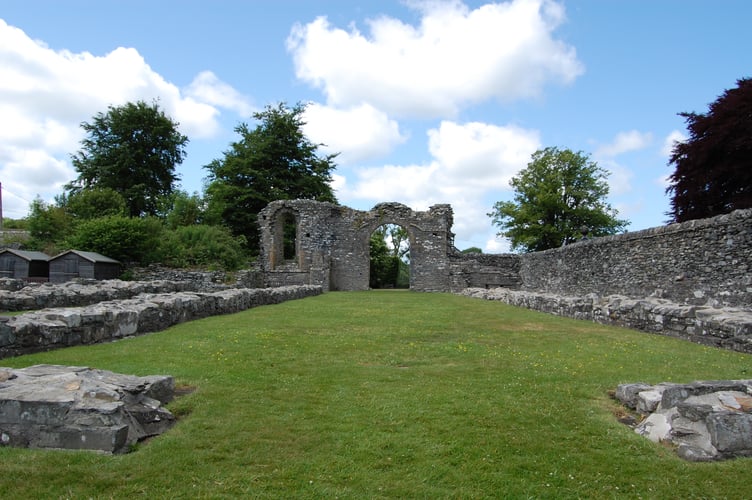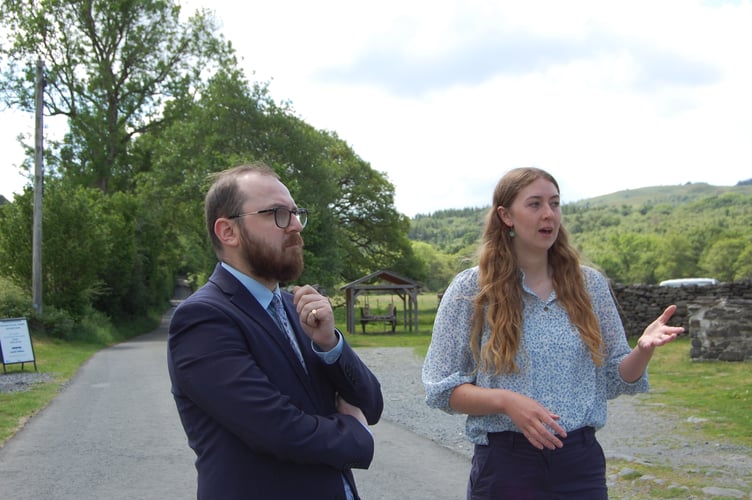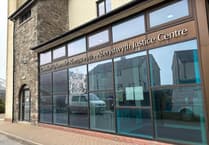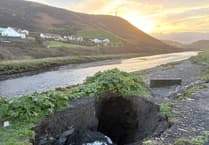The iconic Strata Florida Abbey has reopened to the public after five years of closure thanks to a new partnership and local volunteers.
The 12th-century abbey (Ystrad Fflur) is one of the most important historical sites in Wales, being both a burial ground of Welsh princes and a site of pilgrimage for Cistercian monks since 1164.
However the pandemic put a stop to visitors and the site has remained closed to the public ever since.
That was until Welsh heritage organisation Cadw, which owns the site, joined forces with independent charity the Strata Florida Trust, handing over the visitors' experience to them.

Welsh government’s Minister for Culture, Skills and Social Partnership, Jack Sargeant, visited the site for National Volunteers Week on 2 June to celebrate the union which saw the site reopen on 1 April, and to recognise the volunteers who “took the lead”.
MS Sargeant said: “Thanks to the partnership, they’ve had 1,800 visitors to date.
“I want to say a special thank you to the volunteers who make [the visitor centre] happen.
“Thanks to the partnership, we’ve been able to pay the local community to maintain the property and estate - this is something that should be really welcomed and that we will look to do more as part of the priorities for Culture.
“Volunteering is vital to the well-being of our local communities - not only is it good for those who give, but for those who benefit.
“Their commitment, along with that of the Trust’s staff, has been instrumental in making this significant site of Welsh heritage available to visitors once again.”

The abbey was refounded on its present site by Rhys ap Gruffudd, prince of the kingdom of Deheubarth in south Wales in 1184.
Some of the earliest and most important texts in Welsh, including the Hendregadredd and White Book of Rhydderch, were almost certainly written in the Abbey.
The Trust supports visitors' experiences with three part-time staff and around 12 volunteers.
Trust Director Carys Aldous-Hughes said: “The abbey is an extremely important site for Welsh history, and having the centre and our staff here able to explain the site and answer questions is really important.
“Connection with the local community is really important because this site is their heritage.
“Making sure their involved and supportive of what we’re doing is key.”
In 2016 the Trust acquired the 1600s farmhouses next to the abbey, gradually restoring the buildings to create a community space and exhibition showing the lives of the Arch family who lived there from the 1860s.

Volunteer Norma said: “We’ve taken this place into our hearts - it’s not just about volunteering - were interested in everything that’s going on and the future of the place.
“For years, the local school has ignored this place, and now they can see it all.”
Claire, another volunteer, said: “[The reopening] is good because a lot of local people don’t know what history they’ve got on their own doorstep.”
Visits are free, though donations are welcome, open daily 1-4pm until 31 October.




Comments
This article has no comments yet. Be the first to leave a comment.